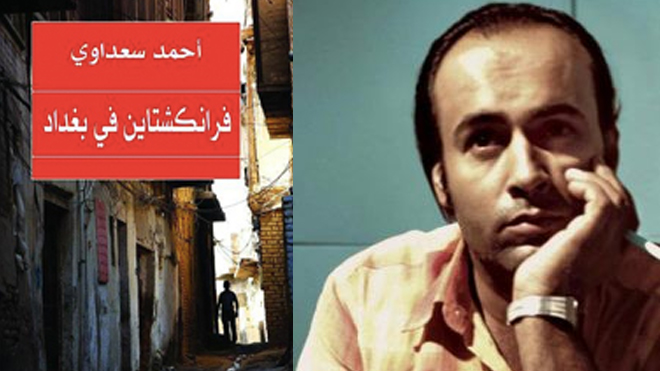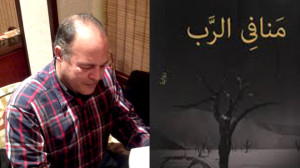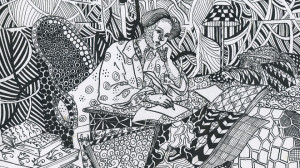By Sara Obeidat
As part of events for the International Prize for Arabic Fiction (IPAF) that took place in Amman this week, Yasir Suleiman, Professor of Modern Arabic studies at Cambridge University and Chair of the IPAF Trustees, gave a talk on “Orientalism and the Translation of Arabic Literature,” hosted by the Columbia University Middle East Research Center.
In his talk, Professor Suleiman attempted to deflate the heavy weight that Orientalism holds as an explanation to why the percentage of translated Arabic books remains low until this day. “Let me give you an example,” said Suleiman, “China has a population of 1 billion people. This year, three Chinese books were translated into English while at the same time 30 books from the Arab world were translated into English.”
Despite the fact that Arabic is a major language, and considered a major world literature by many, Suleiman suggests that there are factors in the publishing field of the English speaking world that go beyond “orientalism” when determining how “translatable” a book actually is. “Publishing is a commercial enterprise; publishers are looking for books that will sell with their target audience. They need to take into account the horizontal expectation of their own readers in English. Orientalism may be one of those expectations, but there are other factors.”
Suleiman gave insight to the commercial side of publishing, where sometimes publishers look for women writers from the Arab world because they tend to want to know about a more hidden perspective. Suleiman also said that publishers prefer younger writers as well, for commercial reasons that would allow them to write more books in the future and develop a strong “writer-publisher relationship”. In some cases, it is even preferred for the writer to have a blog, a website, and speak English in order to be able to go on speaking tours.
Suleiman gave examples of Dutch literature, explaining that some of the reasons for the low penetration of Dutch literature into the English speaking world are also shared by Arabic literature; the writer and the target audience for the translated text may hold different literary expectations or may have preferred genres of reading. Suleiman gave the example of the short story, a popular genre in Arabic literature that is rarely circulated amongst Westerners. “You rarely see someone in the West reading a short story, they prefer novels.”
writers have also often consented to orientalist book covers of “veiled women” and “hidden faces” in order to appease to and please the foreign readers
The issue of Arab writers consenting to Orientalism when they “sell out” was explored in the talk. Suleiman emphasized that writers always have a say in the book cover and the title, despite the publisher’s preferences. However, writers have also often consented to orientalist book covers of “veiled women” and “hidden faces” in order to appease to and please the foreign readers. “We can see the influence of orientalism coming into the paratextual features of the text in a particular way. Nawal Al Saadawi’s book The Naked Face of Eve was changed to The Hidden Face of Eve in the translation, with a picture of a veiled woman on the cover, despite the fact that the woman in the Arabic version had no cover at all.” Suleiman shows other examples of books by Arab writers that would have two different book covers; a specific one for an American audience which would contain more orientalist images, and another different cover for a British or sometimes Arab audience.
As for whether or not he thinks that Arabic literature is facing a crisis in translation, Suleiman said that he does not think so. In fact, only 2% of books in the United States are translated books. While orientalism is part of the answer, it is neither the only answer nor the primary one when we consider aspects of literary appreciation and the interest of the receiving culture. “There have been lots of books by Iraqis about Iraq after the American invasion; these books tend not to get translated, and when they are translated they do not get the same exposure as novels written by Americans about post-American-invasion Iraq. By doing that they are validating the self of their own literature.”
Suleiman sums up his talk by acknowledging (then dismissing) the issues that Arabs face because of the West, by reminding the audience that “we need to feel less of a victim than we always do….Where politics fails, literature succeeds, and that is what generates great value, not only for the Arab world, but also for IPAF.”







